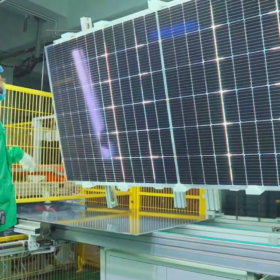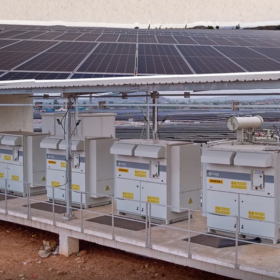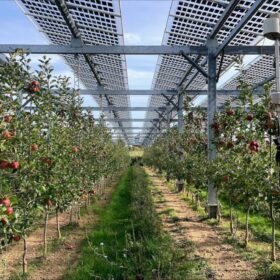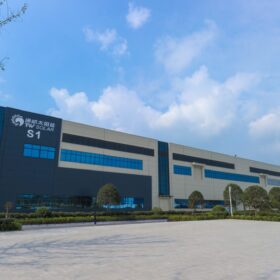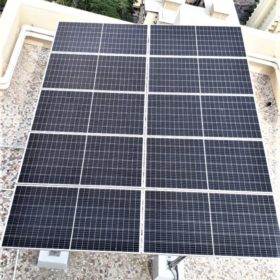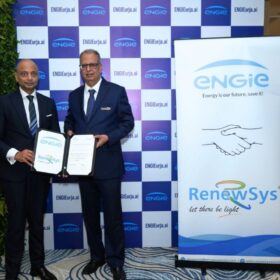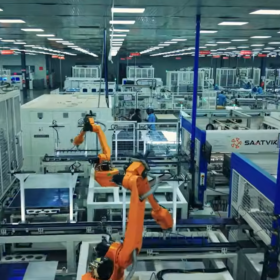Websol Energy System secures orders for 85.5 MW of solar modules
Websol Energy System announced this week that it has secured three purchase orders totalling 85.5 MW for solar modules. These orders, valued at INR 172 crore, are currently in production and are scheduled for delivery by May 2026.
India expected to install about 42.5 GW of new solar capacity in 2026: JMK Research
India installed around 37.8 GW of solar capacity in CY2025. This comprised about 28.6 GW of new utility-scale solar, a 54.6% increase from 2024, and 7.9 GW of rooftop solar, up 72% year on year. Off-grid additions stood at 1.35 GW, compared to 1.48 GW in 2024.
Malaysia’s TTVision Holdings Berhad enters India’s solar manufacturing market
TTVision Holdings Berhad, a Malaysia-based machine vision and automation solutions provider, plans to establish a joint venture manufacturing facility in India, scheduled for commissioning in the second half of 2026. It is planning to manufacture not only automated optical inspection (AOI) systems but also additional solutions at its upcoming India facility.
New solar tracking strategies aim to maximize crop yield in agrivoltaics
Swedish researchers developed two novel single-axis solar tracking strategies that dynamically adjust panel tilt based on crop light requirements, balancing photosynthesis and energy production. One strategy prioritizes daily light integral targets before shifting to energy capture, while the other uses the light-response curve to optimize photosynthesis, offering improved dual-use efficiency compared with conventional tracking methods.
Tongwei plans to acquire polysilicon competitor Qinghai Lihao
Shanghai-listed polysilicon producer Tongwei says it intends to acquire 100% of Qinghai Lihao through a share-and-cash transaction, as consolidation in China’s polysilicon sector increasingly shifts toward mergers and acquisitions.
India installs 7.1 GW of rooftop solar in 2025, up 122% YoY
Residential consumers accounted for 76% of rooftop solar capacity additions in 2025, driven by the PM Surya Ghar: Muft Bijli Yojana program.
RenewSys signs agreement with ENGIE for supply of 125 MWp TOPCon solar modules
RenewSys India has entered an agreement with ENGIE for the supply of 125 MWp of TOPCon solar PV modules. The module deliveries are scheduled between February 2026 and April 2026.
Saatvik Green Energy secures INR 87.10 crore solar module order
Saatvik Green Energy Ltd today announced that it has received and accepted an order aggregating to INR 87.10 crore from a renowned independent power producer and EPC player for the supply of solar PV modules. The order is scheduled to be executed by March 2026.
Premier Energies unveils India’s first zero-busbar TOPCon solar cell
Premier Energies Ltd today unveiled India’s first zero-busbar (0BB) TOPCon solar cell at Intersolar, Gandhinagar. The 0BB design marks a structural shift from traditional 10BB and 16BB architectures, replacing thick silver busbars with a dense matrix of ultra-fine silver lines to collect current.
Solar manufacturers downplay impact of US countervailing duties
Leading solar manufacturers say proposed US countervailing duties on Indian solar cells and modules are unlikely to materially impact their businesses.
